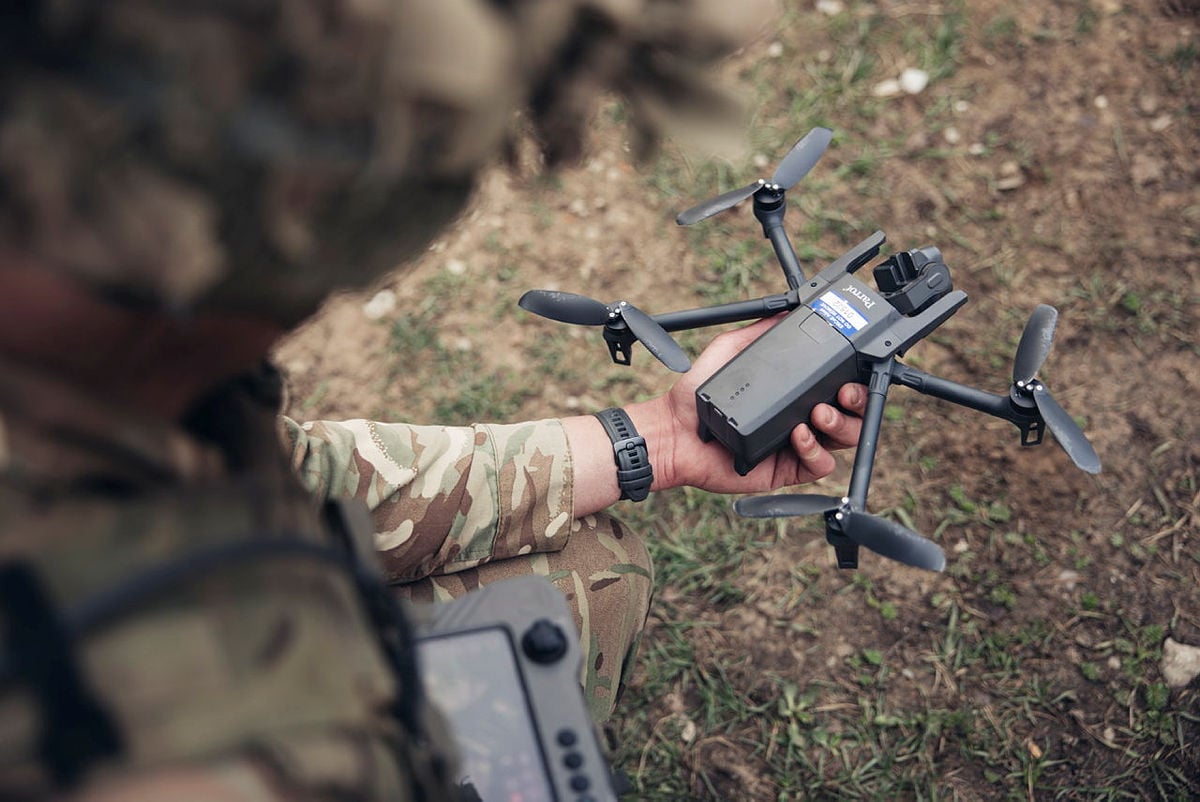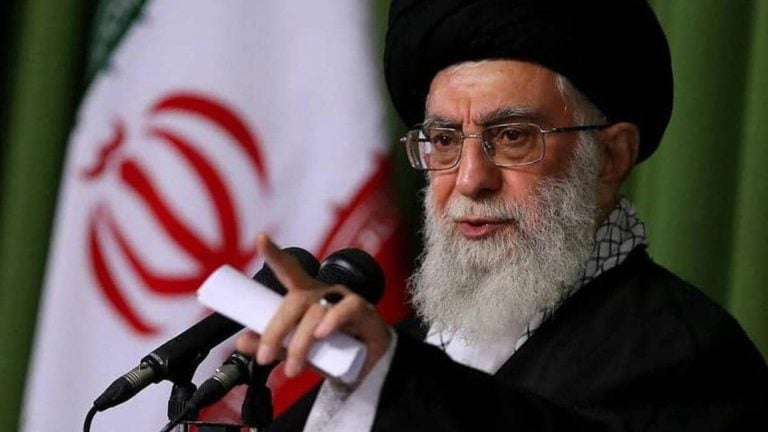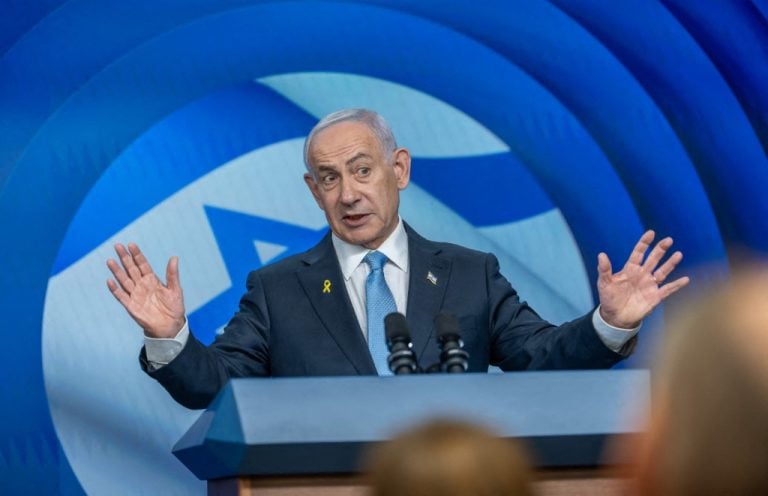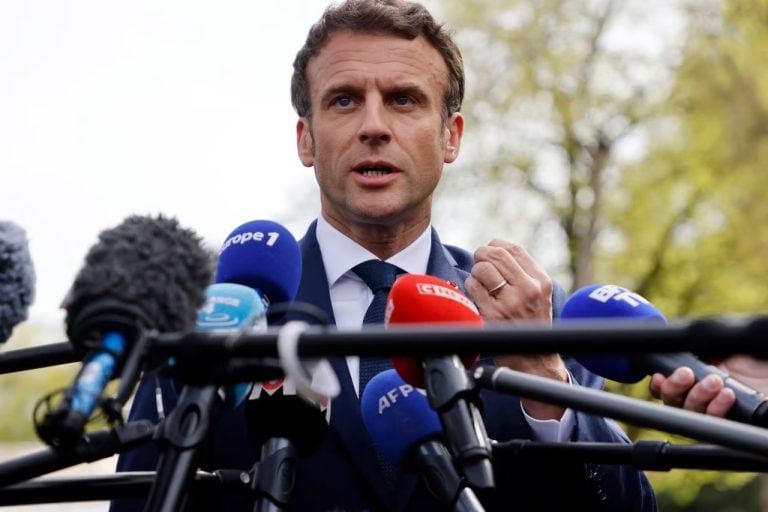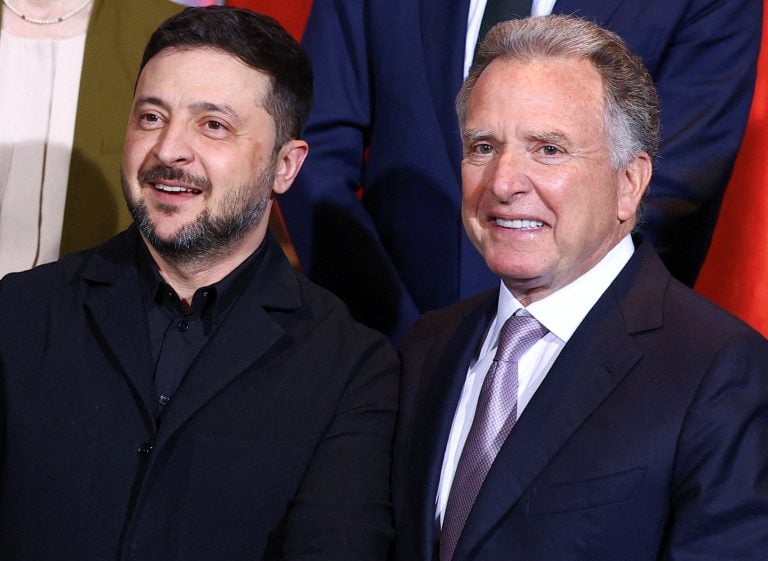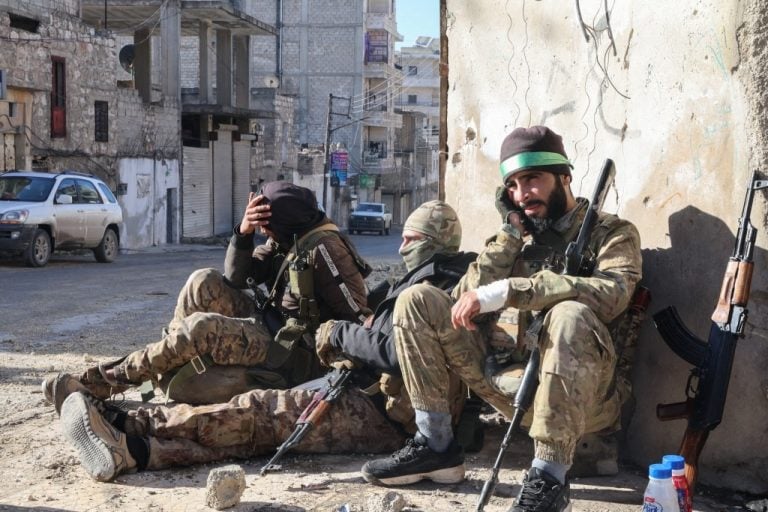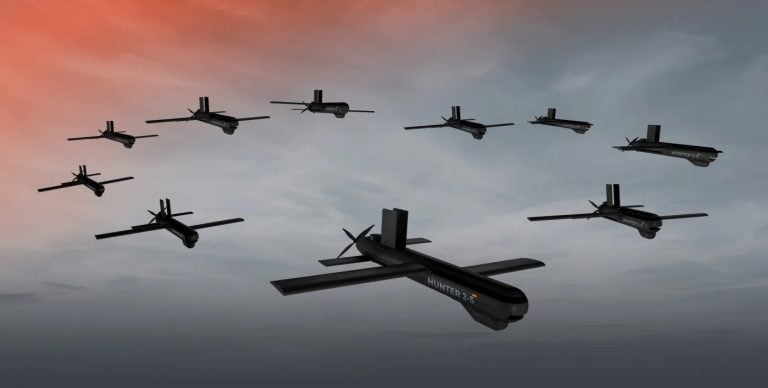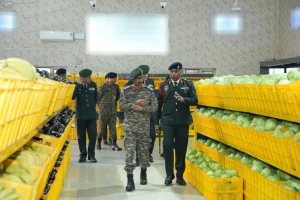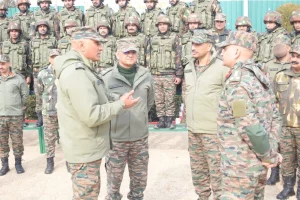The UK has announced the deployment of military support to Belgium, including personnel and equipment, following a request for assistance linked to a troubling increase in suspected drone incursions attributed to Russian activity.
The Royal Air Force’s 2 Force Protection Wing, known for its expertise in training and deploying counter-drone systems, is set to assist in enhancing Belgium’s defensive measures. Air Chief Marshal Sir Richard Knighton conveyed these developments in a statement to the BBC, indicating that the deployment aims to shore up critical national security amid rising tensions.
This announcement follows a significant incident at Brussels Airport last week, where the temporary closure resulted from the sighting of drones nearby. The disturbance impacted approximately 3,000 passengers, leading to several flight cancellations and diversions. Additionally, military bases throughout Belgium have reported similar incursions, raising security concerns across various sectors.
While it has not been definitively established that the drones are of Russian origin, Sir Richard noted that it is “plausible” that Moscow is behind these recent provocations. This assertion aligns with broader apprehensions echoed across the continent regarding drone activity and airspace security.
UK Defence Secretary John Healey underscored the critical nature of alliances in addressing hybrid threats, emphasizing the need to protect crucial infrastructure from potential attacks. His statement reflects a growing recognition among NATO allies about the importance of collaborative defense strategies.
The context of these developments is heightened by a series of drone-related incidents in multiple NATO countries, where Russia has been implicated in similar activities. Just earlier in November, Belgian authorities took decisive actions by instructing soldiers to take down suspicious drones observed near military sites, following a disturbing pattern of aerial surveillance around Belgian facilities.
This uptick in drone activity is part of a larger trend that has prompted NATO and the European Union to enhance anti-drone capabilities. During October, both entities intensified efforts to fortify defenses against aerial threats, particularly in response to incursions reported in Poland and Estonia.
In light of these ongoing threats, NATO head Mark Rutte recently announced the alliance’s initiatives to test integrated systems designed to detect, track, and neutralize aerial threats, particularly along its eastern borders. This proactive approach aims to bolster collective security within the alliance and address the evolving challenges presented by unmanned aerial vehicles.
